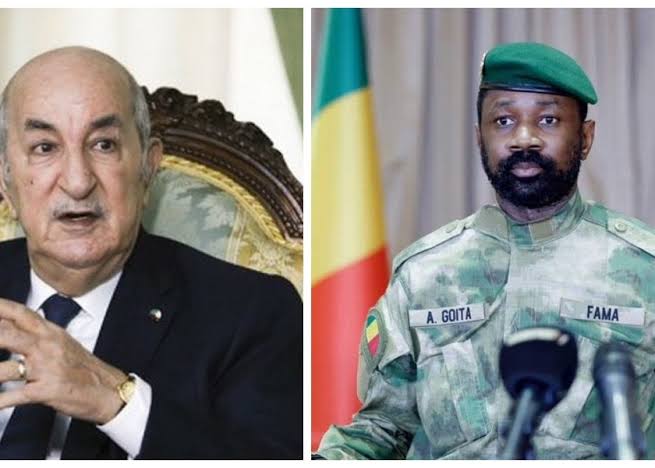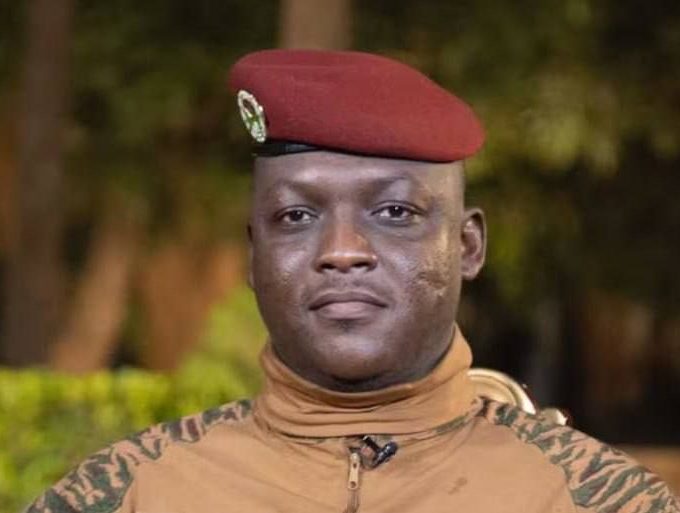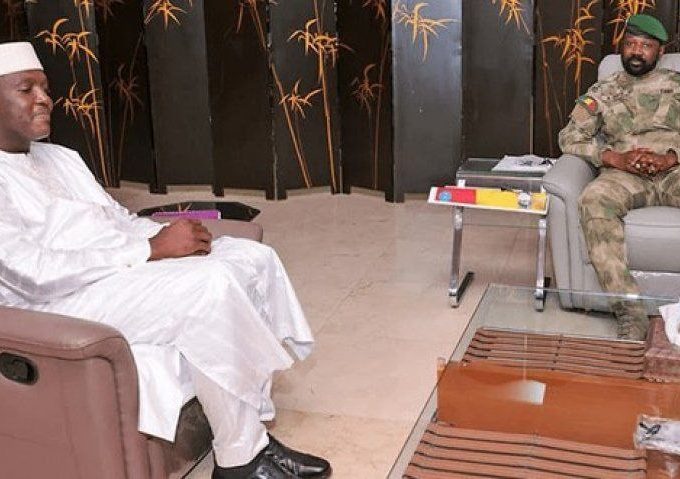
Drone Shooting: Algeria Military Claims Breakdown in Chain of Command

Tensions between Algeria and Mali have erupted into a full-blown diplomatic crisis following the shooting of a Malian military drone near the Algerian border.
Algeria officially claims the incident was the result of a breakdown in the chain of command, but emerging reports suggest a far more explosive narrative: a high-level cover-up to protect one of the Sahel’s most wanted terrorists, Iyad Ag Ghali.
According to sources cited by the Horizon Geopolitical Institute and confirmed by AESInfo, the drone was conducting a targeted operation against Ag Ghali’s encampment near Tinzaouatène—a zone long suspected of harbouring the leader of Ansar Dine, a jihadist group linked to multiple atrocities across Mali and the wider region.
However, two senior Algerian military officers—General Mohammed Remdaniya and an unnamed colonel—are now facing prosecution for the drone’s interception. The Algerian Ministry of Defense maintains that the officers acted unilaterally. However, insiders claim the move is a strategic “sacrifice” to deflect attention from a covert operation ordered by the country’s powerful intelligence agency, the DGDSE.
Military and intelligence sources allege that General Rochdi Fethi Moussaoui, head of the DGDSE, personally authorised the drone’s destruction after receiving intelligence that Malian forces were closing in on Ag Ghali’s location.
Unable to ensure Ag Ghali’s safe retreat across the border, the DGDSE intervened to prevent his capture.
This act, critics argue, lays bare a long-standing and murky relationship between Algerian security services and Ag Ghali, whose connections to Algiers date back to the Tuareg rebellion of the 1990s. Despite evolving into a jihadist leader with a global arrest warrant for war crimes, Ag Ghali has repeatedly been spotted in Algerian territory, including documented sightings in Tin Zaouatine.
A 2018 Le Monde investigation revealed that Western intelligence once attempted to neutralise Ag Ghali in an Algerian hospital—an operation reportedly foiled by local authorities.
The diplomatic consequences have been swift and severe. Mali, backed by its partners in the Confederation of Sahel States (CSS), has recalled its ambassador to Algiers, withdrawn from the CEMOC (Joint Operational Staff Committee), and lodged a formal complaint at the international level. Bamako has also accused Algeria of “sponsoring international terrorism.”
Observers see the incident as symptomatic of a larger regional geopolitical shift. As the CSS—comprising Mali, Burkina Faso, and Niger—is actively recalibrating its alliances, forging new security partnerships, and building independent military capabilities outside traditional North African or Western spheres of influence.
Despite reported Algerian efforts to suppress details of the drone attack, the fallout may be irreversible. Mali has already announced a successful strike against “terrorist targets” in the same region shortly after the drone was taken down, hinting that the pursuit of Ag Ghali continues—with or without Algeria’s cooperation.
It will be recalled that the Malian government has launched a formal investigation into the destruction of the military drone near Tinzaouatène in the Abeibara district. The Malian Armed Forces confirmed the incident, which has since triggered a high-level judicial probe led by the Specialised Judicial Unit for the Fight Against Terrorism and Transnational Organised Crime.
In a statement released by the Prosecutor’s Office, authorities revealed that the investigation is exploring a range of serious charges, including criminal conspiracy, terrorism, financing of terrorism, illegal possession of military-grade weapons, and complicity. According to officials, the goal is to identify and prosecute all those responsible—whether direct perpetrators, co-conspirators, or facilitators.
Read More: Teenager Hamdiyya Sidi Shariff Still on Trial for Criticising Sokoto Governor on TikTok
About The Author
Related Articles
Night Gunfire Near Presidential Palace Sparks Tension in Ouagadougou
Gunshots were heard late on the night of February 28 into March...
ByWest Africa WeeklyMarch 3, 2026Uganda to Start Domestic Gold Purchasing Programme to Boost Reserves
Uganda’s central bank has announced plans to launch a domestic gold buying...
ByWest Africa WeeklyMarch 3, 2026Ghana’s Cedi Expected to End 2026 Around GH¢12.85 to the Dollar
The Ghanaian cedi is projected to hold relatively steady against the United...
ByWest Africa WeeklyMarch 3, 2026Malian Prime Minister Presents 2025 Government Report, Pledges Stability and Reform
Mali’s Prime Minister, Major General Abdoulaye Maïga, has presented the government’s 2025...
ByWest Africa WeeklyMarch 2, 2026












Leave a comment